Over the past few months, with more time on our hands than we’d truthfully like, our team has been focusing on education and our committed effort to #GatherGreater. Our newest campaign is about not only implementing new safety and sanitation protocols but also how we can create more inclusive environments for all event attendees.
With the wide world of events changing rapidly around all of us, the pandemic has left many event professionals feeling unmoored. Governmental agencies release varying policies on everything from venue capacities to mask-wearing daily, making anything more complex than planning dinner in one’s own home seem almost impossible to “get right” without use of a crystal ball.
In 2011, the events industry faced a similar turning point. After a number of dangerous and sadly fatal accidents took place (see: the Indiana State Fair incident) local lawmakers got involved to begin legislating change in safety standards for theirarea of jurisdiction. Luckily, a number of leaders in the events industry stepped forward first. Their plea was to allow the industry itself to correct its OWN mistakes, re-examine standards and truly standardize processes based on principles that would be recognized globally - instead of JUST in one state, country or venue. A sort of “common denominator” of safety standards that everyone would be held to.
The same should be true for Covid-19 and other bio-risks. While not all infectious diseases spread the same way, we can implement practices and procedures that allow for the greatest mitigation of spread through particulates, whether on surfaces or airborne, and apply to all events. We desperately need the Events Industry Council and/or the Event Safety Alliance to once again, demand a seat at the table to establish applicable safety standards and best practices.
While we’re still assembling our biohazard standards dream-team, here are the top 5 ways agencies can prepare for live and hybrid events and contribute to the conversation now...
Hotels and Venues:
Get to know hotel’s and venue’s…
Revised or upgraded internal processes for sanitation
Social distancing diagrams, layouts and adapted flow plans.
New or adjusted attrition & cancellation clauses
New food and beverage service options and safety measures
Safety accreditations they have earned such as the Global Biohazard Advisory Council’s STAR Accreditation. (Also note, Destination Management Organizations and city Convention and Visitor’s Bureaus can earn this accreditation, too.)
Want to learn more about the some of the big hotel players cleanliness initiatives? Check out a comprehensive list of hotel safety & hygiene protocols by clicking the button below…
Vendors & Suppliers
Work with local vendors and suppliers to ideate on your needs for new safety measures.
Regularly check-in with your partners as they, too, have been using this pause creatively and can provide some very inventive ideas on everything from social distancing to remote experiences!
Event Planning Professionals
Normalize new event inclusions such as sanitation and safety measures. Pitch these concepts to clients as the standard. As a bonus, thermal readers and sanitation stations may be presented as branding opportunities for sponsors, partners or the client themselves.
Encourage the use of digital media; making hybrid events commonplace and the bridge to larger live in-person events.
For those who are executing live events, share best practices as you discover them!
This is the time for competitors, friendlies and all those to connected to the hospitality and events industry to share what works and most importantly what doesn’t. The faster we all knowhow to “do it right” will give corporate groups the confidence to get back to business.
Our friends over at Event MB said it best in an article about Hybrid Events and the Future of the Event Industry…
“The number of people able and willing to attend the initial live events that are allowed to take place will be limited for a variety of reasons. The physical space may be limited due to health and safety measures, company budgets may be cut, and many people may still be wary of travel and gathering in groups long after governments give the all-clear. Leveraging hybrid event strategies will allow event organizers to maintain their numbers even if their live audience is small.”
We’ve all been collectively holding our breath, but we, as an industry, have yet to realize our true potential for changing the outcome of this setback. With many large metropolitan cities and entire states beholden to the events, hospitality and travel industries, we are the gatekeepers to a return to “business (sort of) as usual.” If we can leverage this opportunity, we can “own” the ways we need to operate rather than have piecemeal guidelines handed to us, we can take charge of the safety of our staff, protect our providers and ensure the wellness of attendees best because we know the intricacies of meeting.
We can’t wait til we can all #GatherGreater.
We would love to hear your thoughts on what you’re doing or planning to navigate this new normal. Please leave us comments below or on our LinkedIn post directly!



